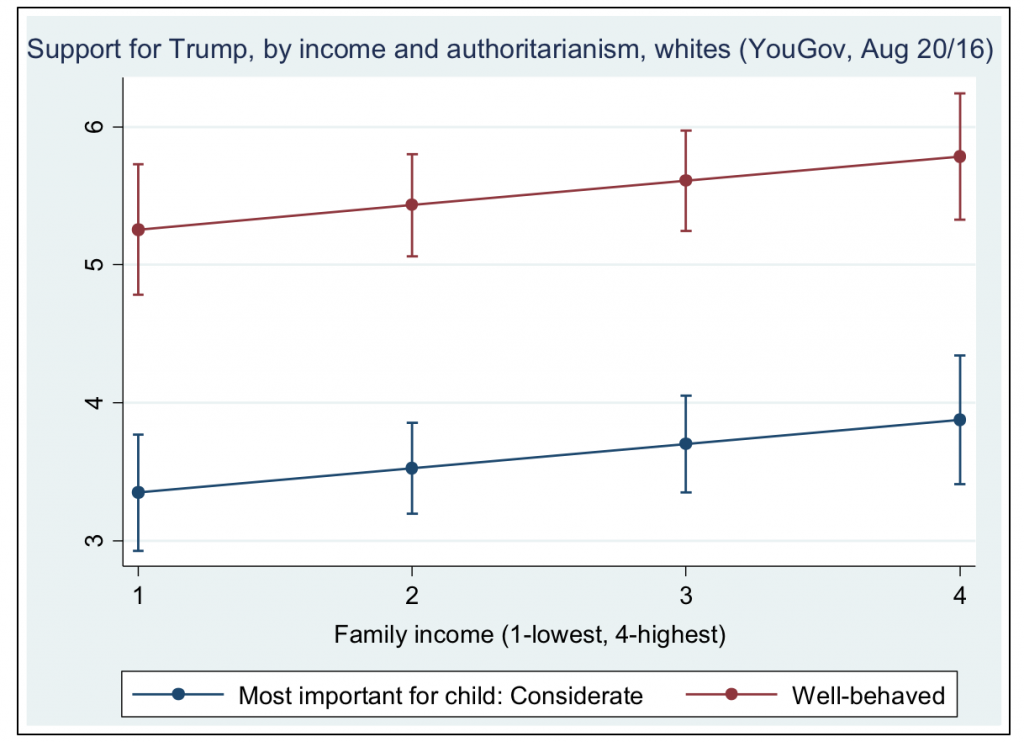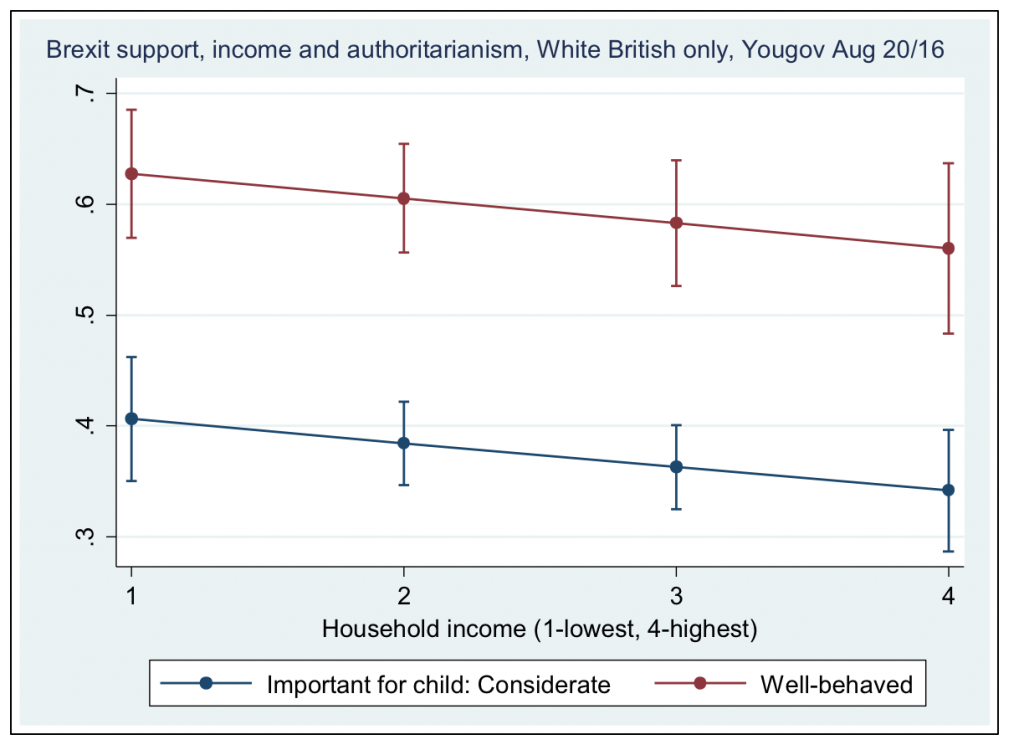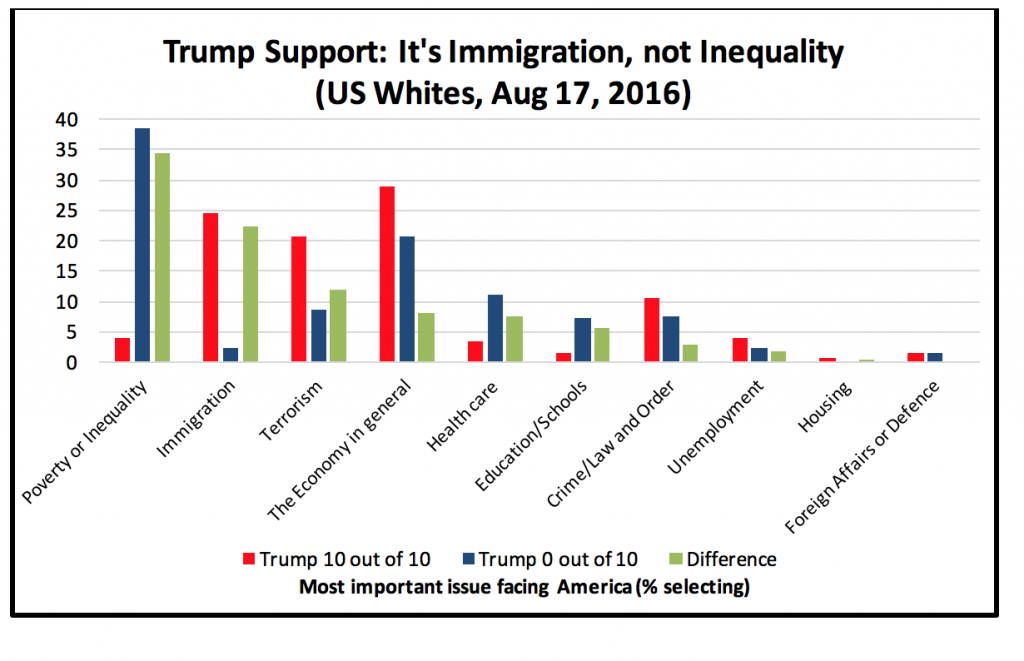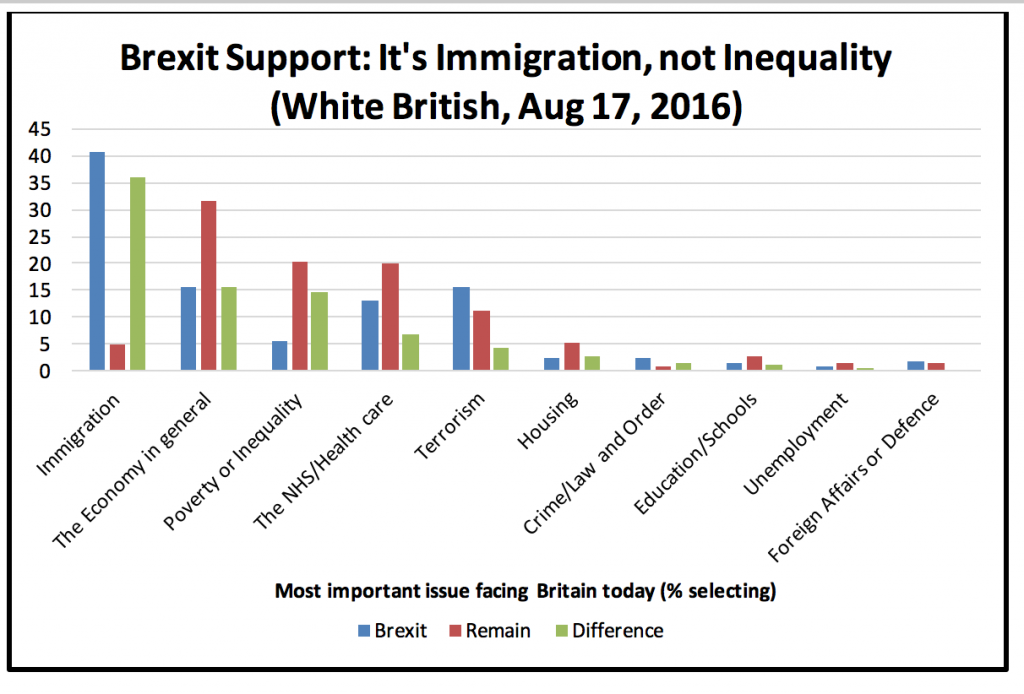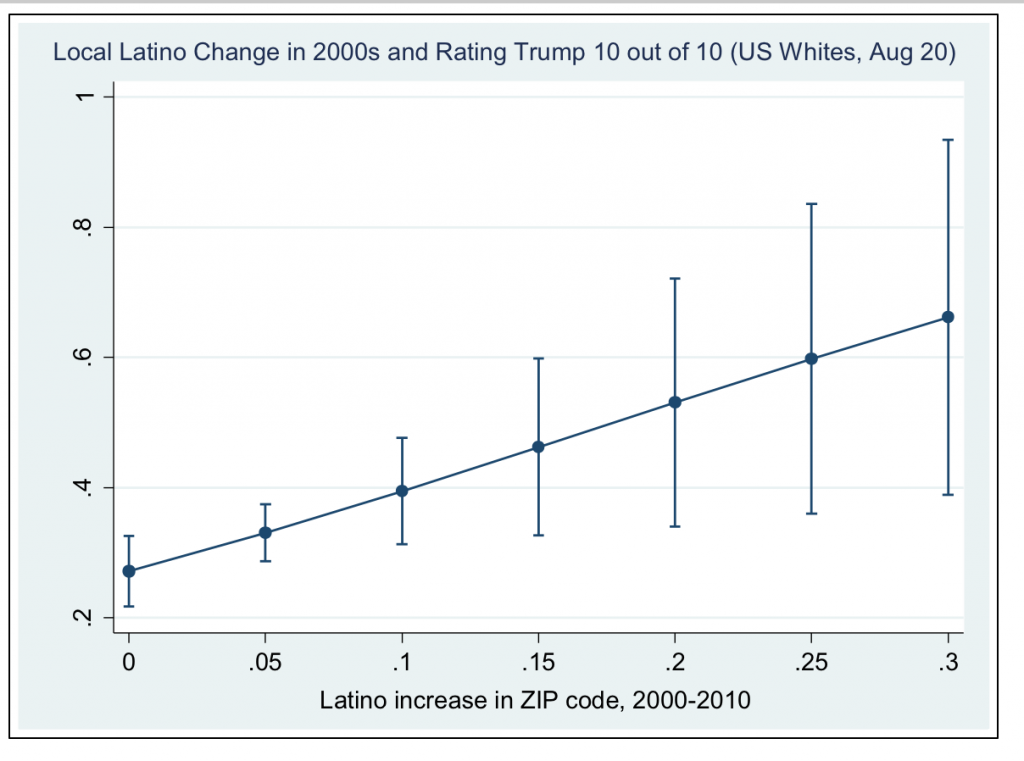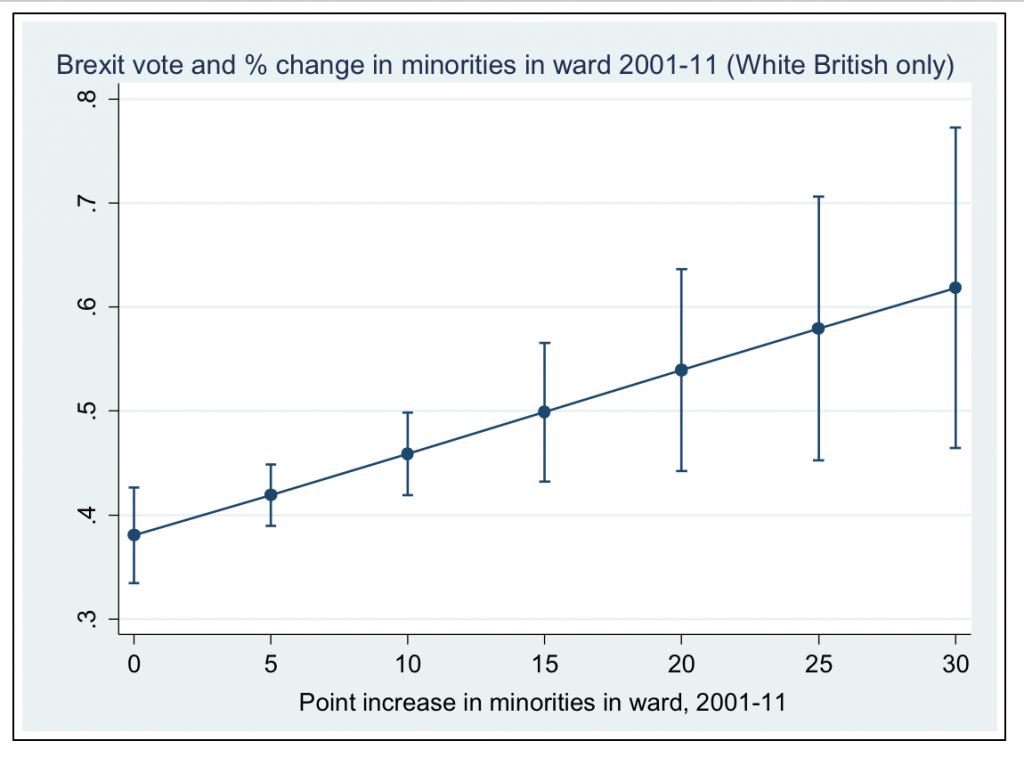This article was written by Andrea Ballatore, Lecturer in Geographic Information Science, and Simone Natale, Loughborough University. It was originally published on The Conversation
We blame the internet for a lot of things, and now the list has grown to include our politics. In a turbulent year marked by the U.K.‘s decision to leave the European Union and the election of Donald Trump, some have started to wonder to what extent the recent events have to do with the technology that most defines our age.
In the aftermath of Trump’s victory, commentators accused Facebook of being indirectly responsible for his election. Specifically, they point to the role of social media in spreading virulent political propaganda and fake news. The internet has been increasingly presented as a possible cause for the post-truth culture that allegedly characterizes contemporary democracies.
These reactions are a reminder that new technologies often stimulate both hopes and fears about their impact on society and culture. The internet has been seen as both the harbinger of political participation and the main culprit for the decline of democracy. The network of networks is now more than a mere vehicle of political communication: It has become a powerful rhetorical symbol people are using to achieve political goals.
This is currently visible in Europe, where movements such as the Pirate Parties and the Italian Five Star Movement, which we have studied, build their political messages around the internet. To them, the internet is a catalyst for radical and democratic change that channels growing dissatisfaction with traditional political parties.
Web utopias and dystopias
The emergence of political enthusiasm for the internet owes much to U.S. culture in the 1990s. Internet connectivity was spreading from universities and corporations to an increasingly large portion of the population. During the Clinton administration, Vice President Al Gore made the “Information Superhighway” a flagship concept. He linked the development of a high-speed digital telecommunication network to a new era of enlightened market democracy.

President Clinton and Vice President Al Gore joined volunteer efforts to wire schools to the internet in 1997. AP Photo/Greg Gibson
The enthusiasm for information technology and free-market economics spread from Silicon Valley and was dubbed Californian Ideology. It inspired a generation of digital entrepreneurs, technologists, politicians and activists in Silicon Valley and beyond. The 2000 dot-com crash only temporarily curbed the hype.
In the 2000s, the rise of sharing platforms and social media – often labeled as “Web 2.0” – supported the idea of a new era of increased participation of common citizens in the production of cultural content, software development and even political revolutions against authoritarian regimes.
The promise of the unrestrained flow of information also engendered deep fears. In 1990s, the web was already seen by critics as a vehicle for poor-quality information, hate speech and extreme pornography. We knew then that the Information Superhighway’s dark side was worryingly difficult to regulate.
Paradoxically, the promise of decentralization has resulted in few massive advertising empires like Facebook and Google, employing sophisticated mass surveillance techniques. Web-based companies like Uber and Airbnb bring new efficient services to millions of customers, but are also seen as potential monopolists that threaten local economies and squeeze profits out of impoverished communities.
The public’s views on digital media are rapidly shifting. In less than 10 years, the stories we tell about the internet have moved from praising its democratic potential to imagining it as a dangerous source of extreme politics, polarized echo chambers and a hive of misogynist and racist trolls.
Cyber-optimism in Europe
While cyber-utopian views have lost appeal in the U.S., the idea of the internet as a promise of radical reorganization of society has survived. In fact, it has become a defining element of political movements that thrive in Western Europe.
In Italy, an anti-establishment party know as the Five Star Movement became the second most-voted for party in Italy in the 2013 national elections. According to some polls, it might soon even win general elections in Italy.

The Five Star Movement’s Virginia Raggi, 37, was elected as Rome’s first female and youngest mayor in June. AP Photo/Fabio Frustaci
In our research, we analyzed how the Italian Five Star Movement uses a mythical idea of the internet as a catalyst for its political message. In the party’s rhetoric, declining and corrupt mainstream parties are allied with newspapers and television. By contrast, the movement claims to harness the power of the web to “kill” old politics and bring about direct democracy, efficiency and transparency in governance.
Similarly in Iceland, the Pirate Party is now poised to lead a coalition government. Throughout the few last years, other Pirate Parties have emerged and have been at times quite successful in other European countries, including Germany and Sweden. While they differ in many ways from the Five Star Movement, their leaders also insist that the internet will help enable new forms of democratic participation. Their success was made possible by the powerful vision of a new direct democracy facilitated by online technologies.
A vision of change
Many politicians all over the world run campaigns on the promise of change, communicating a positive message to potential voters. The rise of forces such as the Five Star Movement and the Pirate Parties in Europe is an example of how the rhetoric of political change and the rhetoric of the digital revolution can interact with each other, merging into a unique, coherent discourse.
In thinking about the impact of the internet in politics, we usually consider how social media, websites and other online resources are used as a vehicle of political communication. Yet, its impact as a symbol and a powerful narrative is equally strong.
![]()

